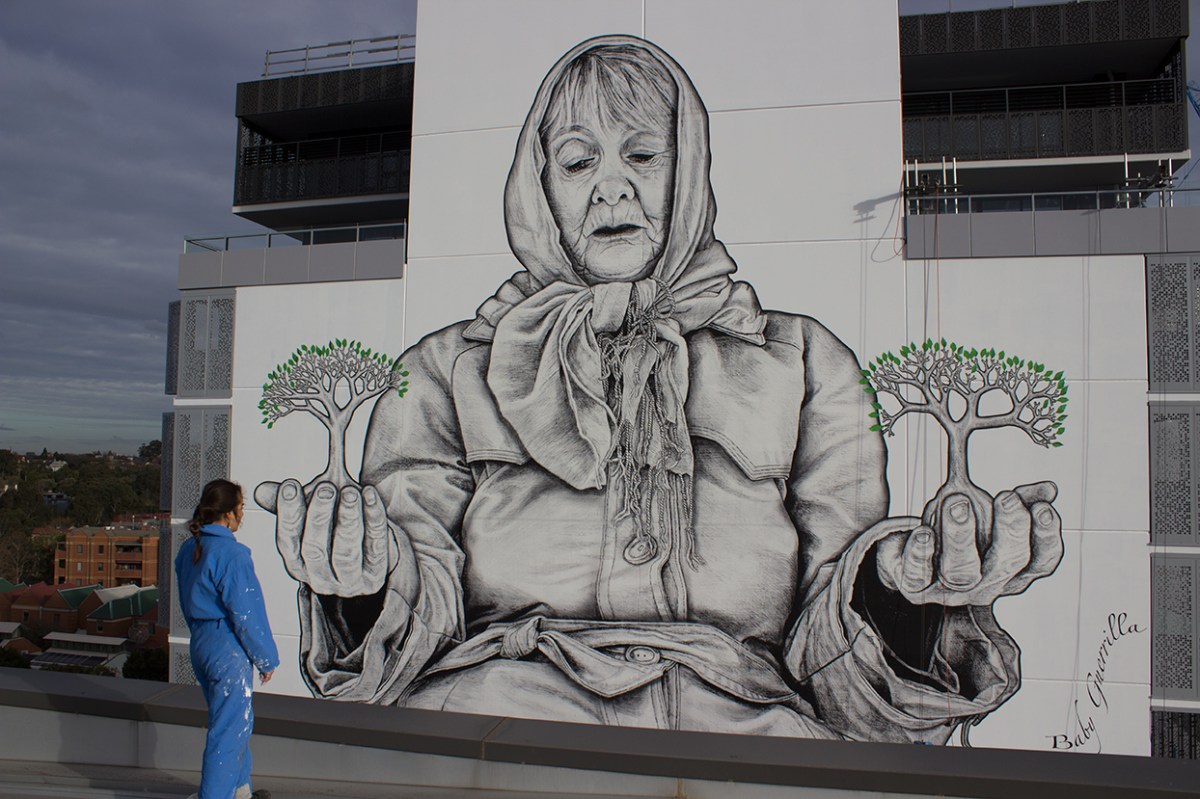A conflux is ‘a convergence or dynamic gathering of creative forces, people or ideas’. It’s also the apposite name of an event coming up in Bendigo, in regional Victoria, over a weekend in September.
Over two days (9-10 September), numerous arts professionals will convene in Bendigo and set the town abuzz. Visitors will have ample opportunities to network, extend their own practices, and meet like-minded folk for possible artistic collaborations.
Conflux’s ambit is wide-ranging, with topics exploring the gamut of arts and creativity and presentations including keynotes, forums and panel discussions as well as live performances, masterclasses, workshops, installations and other interactive and immersive experiences.
There will be spaces for lively discussions about the future of arts and creativity, and the role that we all play in defining what that future looks like. Whether that be ‘Navigating the Metaverse’, ‘Sounding Out the Climate Emergency’ or ‘Improving Health Outcomes Through Creative Interventions’, the program will provoke debate and inspire conversation among creatives.
David Berthold, NIDA’s Artistic Director in Residence, will be one of many arts practitioners attending Conflux. Berthold said his presentation on the Copernican revolution in performance fits neatly into Conflux’s theme of Brave New World and the role new technology plays in spearheading innovation.
‘I’ll be speaking about five trends for the future of performance, particularly how there’s been a Copernican revolution about who’s at the centre of the system,’ Berthold explained.
‘We used to think of the artwork as being the centre of the system. But now, increasingly, it’s the audience at the centre. People expect to interact with the art, to be a creator as much as a consumer.’
By way of illustration, Berthold points out how the audience has taken charge of the Harry Potter universe. On just two fan fiction websites, there are more complete stories about Harry Potter than there are words in the seven Harry Potter novels. There are about one million words in the seven novels but well over a million complete stories written by fans, just on those two websites.
‘So JK Rowling has written about 0.01% of the words in stories about Harry and his friends. So in many ways, the audience is in control. In performance, more and more artists are reaching out to audiences to be the co-creators of performance, often placing them at the centre.’ he said.
Another trend that has been supercharged by the pandemic, Berthold continued, is ‘how live performance increasingly meets people where they are, instead of forcing people to come to them. The in-house experience will remain key, but live entertainment venues will more and more reach out to the 99.9999% of the world’s audience that will never make it to their venue in person. At the simplest level this means better streaming of what’s onstage, but it also means the creation of performances that are geared more towards online audiences than in-person audiences.’
Berthold will also be speaking on a panel about digital advances. He notes that interactive gaming, despite being a small industry in Australia, has almost unlimited potential.
‘Gaming is moving from an engineering phase into an artistic phase, with more sophisticated narratives,’ he said.
‘Developments in augmented or mixed reality are key. Better and cheaper AR glasses have the potential to revolutionise experiences of live performance, with the physical and the live meeting the virtual and the interactive.’
For traditionalists wary of embracing digital innovation, Berthold reassures us that theatre has always harnessed technology.
‘Electrical light was embraced, and over the last few decades the use of video has been embraced. Audiences might have been initially cautious of video, but now they flock to it. Sydney Theatre Company’s live cinema version The Picture of Dorian Gray is a brilliant meeting of form and content and people love it.’
Such productions are a pertinent reminder, he said, that all emerging trends go through ‘an experimental and research and development stage’.
Berthold continued: ‘I think we’re going to have a really good conversation over those two days about this and other matters, when people across all disciplines come across the country for Conflux.’
Conflux takes place from 9-10 September in Bendigo. Browse the program and book tickets now.





